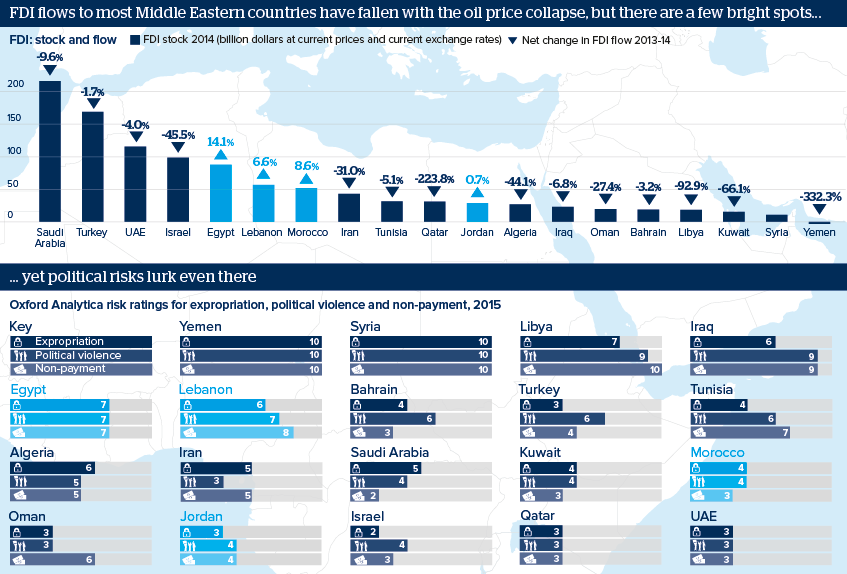Political Risk Assessment
How is your government, company, or fund managing political risk exposure?
Governments, Investors, and Corporations are exposed to infinitesimal risks in today’s rapidly advancing, constantly changing world.
Diplomatic Advisors International specializes in delivering the most comprehensive and in-depth level of political risk assessment, strategy, mitigation and management to clients around the world.
Diplomatic Advisors International draws on decades of experience advising and working with governments, companies, and investors in evaluating, valuing, and ultimately mitigating and managing political risk through proprietary quant driven models and structured and tailored political risk management products and services.

Risk Mitigation Strategies
The following are general risk mitigation strategies developed by Insead that CEOs, companies, investors, and governments can implement to reduce and mitigate political risk.
Companies vary in the level of risk they are prepared to accept. They also vary in the extent to which they are able to deploy cosmopolitan country managers reasonably familiar with the social and cultural environment in which the company operates.
That said, there are several strategies that can help reduce a foreign company’s risk profile. Here are a few of the more common ones:
- Engage in open, competitive bidding, avoiding ‘fast track’ arrangements. Participation in the latter may invite the accusation that you have bribed local officials.
- Examine the political connections of your local partners carefully. Close association with the current regime may be advantageous now, but once key figures are removed from the political stage you could be in for some nasty surprises.
- Be a good corporate citizen, contributing to the host country’s economy and culture with worthwhile public projects.
- Cultivate connections with public officials outside the industry in which the company operates. They may become very useful in a crisis.
- Do not limit your discussions to representatives of the national or local government. They may not necessarily be a good indicator of public opinion.
- Make a point of establishing an informal dialogue with local journalists, as well as human rights and environmentalist groups. The alternative – keeping a low profile – can make you appear secretive.
- Avoid enlisting home government support if the local authorities threaten to break agreements. Such a tactic is often counter-productive, particularly if it is done publicly.
Read more here.
